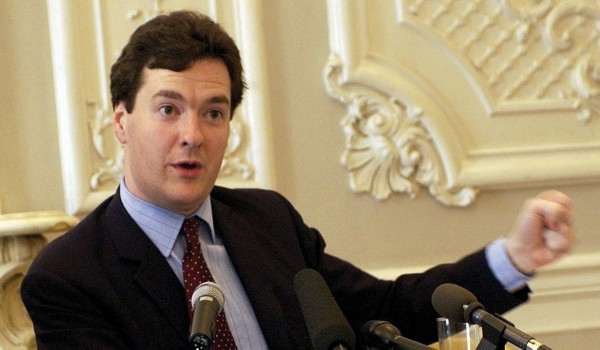Don t get caught by unit trust fund manager this advice
Post on: 16 Март, 2015 No Comment

As a close observer of the unit trust industry for nearly 20 years, I still struggle to find a balance between my faith in unit trusts as investments and my cynicism about unit trust fund managers. For instance, I really have to try not to laugh when I meet new product providers who promise (with a straight face) that they will provide great service and fantastic returns at low costs. All in the best interests of the investor, of course.
I think some of them actually believe their own stories. Which makes it even harder for me to keep a straight face, because we all know that their first priority is to generate profits for themselves. Here are some examples of how these product providers deal with unsuspecting retail investors.
Funds doing badly? Launch some new ones!
In a recent report by Morningstar Fund Research (2012: Annual Global Flows Report ) I was surprised to see that more than 80% of all new money invested in unit trusts in 2012 went into funds that have been in existence for less than three years. This was for all new investments into all unit trusts around the world. I was surprised, because more than 80% of the world’s money is invested in funds that are older than three years. So they have a measurable track record.
Why have new funds attracted so much new money? I believe the answer is simple. Older funds went through the 2008 financial crisis, which severely dented their investment track records. Unscrupulous product providers know that retail investors place heavy emphasis on recent past performance. They therefore simply launched new funds in 2009 and 2010. These new funds benefitted from the market’s inevitable recovery after the crash, giving them a great starting track record. Unsuspecting investors can easily be convinced these new funds are being managed by a new generation of genius fund managers. This is why they attracted most of the new investments in 2012.
The financial crisis is certainly not the only cause for fund managers to launch new funds. If one sector of the market starts to perform particularly well, they will often launch a new fund with a catchy name to take advantage of this trend. One SA fund manager launched a fund based on “40 cutting edge companies” selected by a magazine. This was done to take advantage of the tech bubble formed from 1997 to 2000. The fund was launched in September 1999, six months before the IT sector peaked.
Nearly 13 years later the NASDAQ index (the one to watch for all things tech related) is still more than 30% below the levels seen at the peak in 2000. There are more examples of this behaviour. Have you noticed how few small company/emerging company funds still exist in SA? There used to be many of these funds, when small caps were the flavour of the month.
Fees
Not long ago I had a meeting with one of SA’s large unit trust fund managers. They told me clients who invested via their parent company will pay significantly higher fees than my clients, if I decided to recommend their products. The reason for clients of the parent company to pay higher fees? To protect margins of the parent company. This will be good for my clients. But once again thousands of investors are paying more than they should, simply to keep profits high in difficult markets. I am not surprised the SA Government wants to regulate fees in the savings and investment industry.
Another favourite trick for fund managers is to charge performance fees. This is such a fabulous concept. Managers earn money when their investors earn money. Why is this a problem? Because most fund managers charge annual fees in addition to their performance fees. In my view, you should either earn a performance fee or an annual fee. Certainly not both. This seems like a one-sided bet that enables fund managers to earn money irrespective of their performance. I think investors should be charged a fair fee for good performance. Nothing more.
There are some good unit trust fund managers
Before you think all unit trust managers should be placed in Purgatory, along with bankers in Britain and America, I should tell you that there are some good fund managers. Sadly in South Africa most of the great ones are getting a bit older and less focused on managing money. This means you cannot simply rely on the old favourites anymore.
To help, here are some pointers for choosing good funds:
• Cost: Try to invest in funds that have the lowest cost in their category. Avoid performance fees where possible.
• If you are investing in actively managed funds, invest in owner-managed funds. Or ensure the fund managers have a large portion of their personal wealth invested in the fund. This tends to focus the mind.
• Give a preference to focussed investment companies rather than insurance company unit trusts. There are some great unit trust fund managers who work for insurance companies. But they are in the minority.
• Track record is important. I like funds that have been in existence for 10 years or longer. Unless the funds are indexed, in which case their track record is irrelevant. A fund that is older than 10 years, beating its benchmark, is probably going to repeat this performance again.
• Are they consistent in applying their investment philosophy and do you understand it?
Get advice
Will you have enough money when you retire? Thinking of investing? Wondering how to repay your debt? Where to invest your money?
With a dizzying array of asset classes, asset types and more information than anyone can possibly process alone, why not speak to one of our expert financial planners? Get advice thats tailored to your unique financial situation now.














